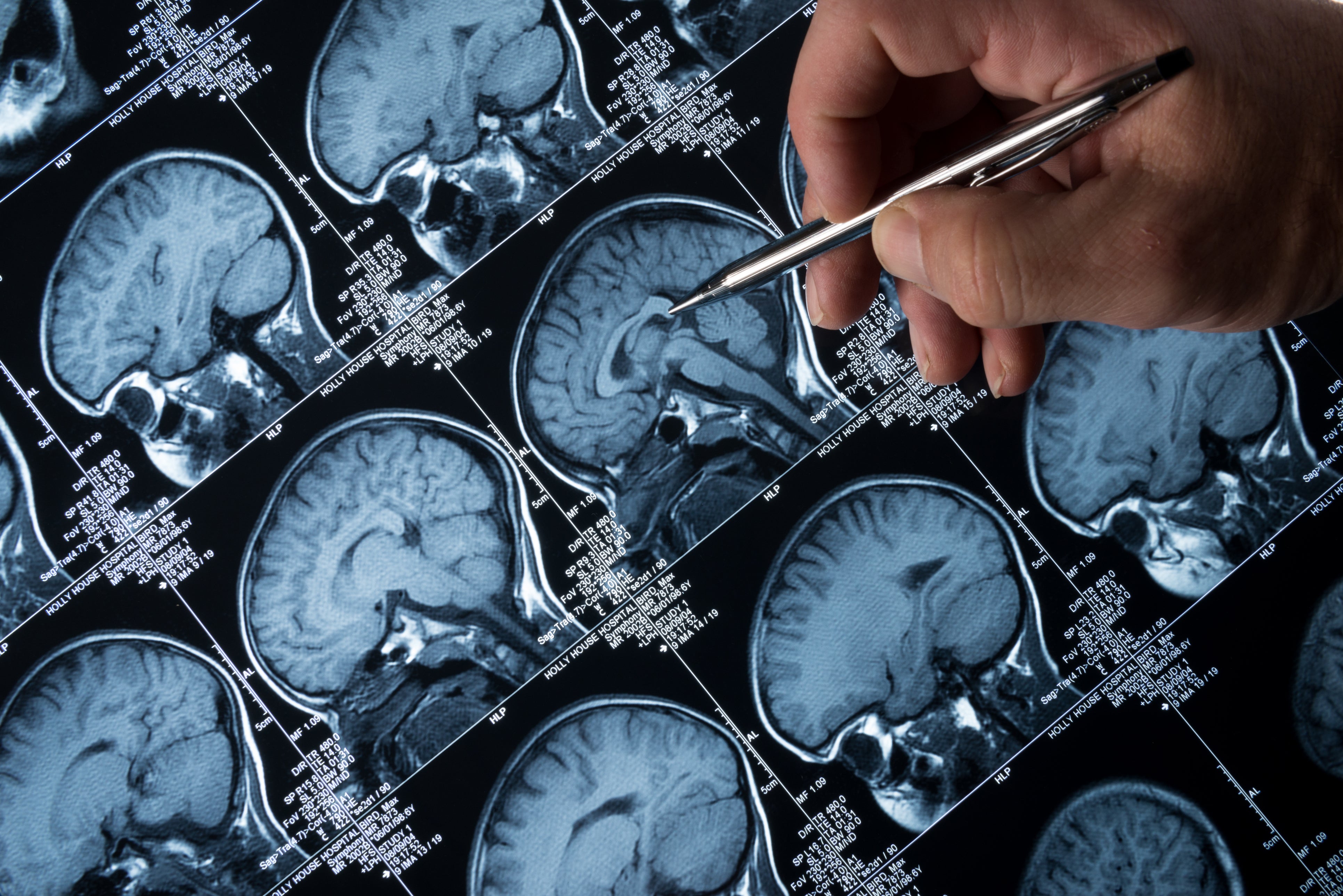More people could soon be diagnosed with ‘stage one’ Alzheimer’s, but what are the signs and what happens next?
A new blood test could show you if you are at risk of developing dementia – as early as 20 years before the disease progresses. Here, Flic Everett looks at what an early diagnosis really means…

The spectre of dementia looms as early as midlife, whether due to caring for ageing parents or our own increasing memory lapses. But while we may note moments of forgetfulness, loss of judgement or even behavioural changes, it’s difficult to tell whether these are early signs of Alzheimer’s. Often, by the time it’s diagnosed, for many, it is too late to slow progress.
“Currently, the vast majority of people living with dementia don’t have access to the specialist tests needed to confirm whether they have the disease,” says Dr Alex Osborne, a policy manager at the Alzheimer’s Society.
“Diagnosis rates hit a five-year low during the pandemic and have been slow to recover. But dementia is the UK’s biggest killer and with new treatments in the pipeline, we need to improve diagnosis rates so people can get the vital care and support they need.”
Subscribe to Independent Premium to bookmark this article
Want to bookmark your favourite articles and stories to read or reference later? Start your Independent Premium subscription today.
Join our commenting forum
Join thought-provoking conversations, follow other Independent readers and see their replies